Sultans, Shamans, and Saints: Islam and Muslims in Southeast Asia
by Howard M. FederspielBy the fourteenth century the Islamic faith had spread via maritime trade routes to Southeast Asia where, over the next seven hundred years, it would have a continuing influence on political life, social customs, and the development of the arts. Sultans, Shamans, and Saints looks at Islam in Southeast Asia during four major eras: its arrival (to 1300), the first flowering of Islamic identity (1300–1800), the era of imperialism (1800–1945), and the era of independent nation-states (1945–2000). Ranging across the humanities and social sciences, this balanced and accessible work emphasizes the historical development of Southeast Asia's accommodation of Islam and the creation of its distinctive regional character. Each chapter opens with a general background summary that places events in the greater Asian/Southeast Asian context, followed by an overview of prominent ethnic groups, political events, customs and cultures, religious factors, and art forms.
As Islam gained acceptance and influence, it became part of birth and childhood rites and marriage and death ceremonies, usually to sanction customs that were non-Islamic. For a considerable time Arabic-language literature transmitted via Persia and India dominated the arts, though this faded with the rise of new indigenous and Western forms in the twentieth century. More recently modernization and Westernization have changed the region, and Islam has undergone a corresponding transformation. Muslims today give considerable attention to political and social organization and to reaching an accommodation with the new political systems that have arisen in Southeast Asia.
A deepening emphasis on faith, propelled by a wave of revivalism, has shaped contemporary Muslim behavior into forms much more compatible with Sunni standards than what existed earlier, and this has focused more attention on Islamic scriptures, teachings, observances, and conduct. Islam, this work concludes, developed in the Southeast Asian context in a way that allowed its followers to be guided by principles shared by Muslims in other lands while preserving a unique outlook on the world.
Sultans, Shamans, and Saints will be of great value to students and researchers specializing in the study of Islam and the comparative study of Muslim societies and culture. It will also be useful to those with a world-systems approach to the study of history and globalization.
is Professor of Political Science at Ohio State University.

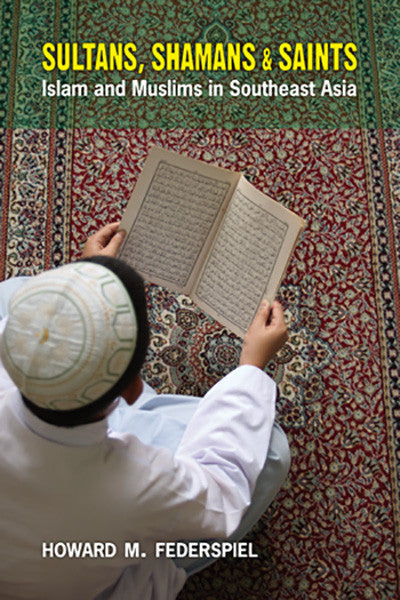


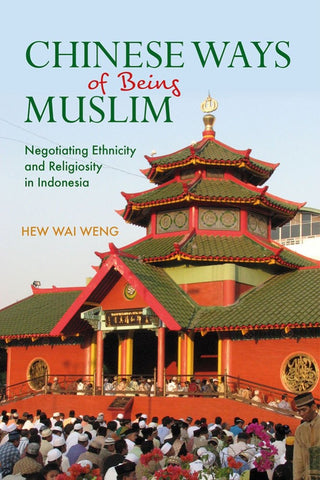
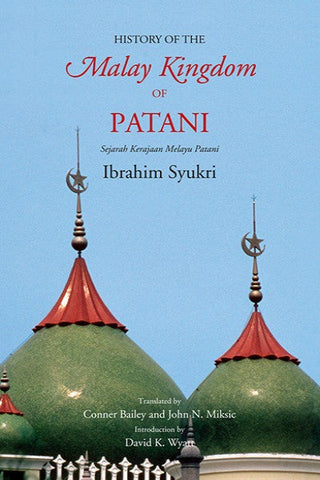
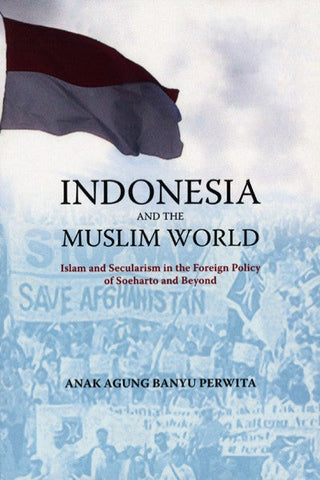
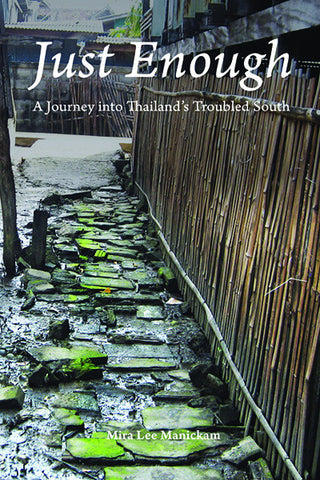
Share this item: